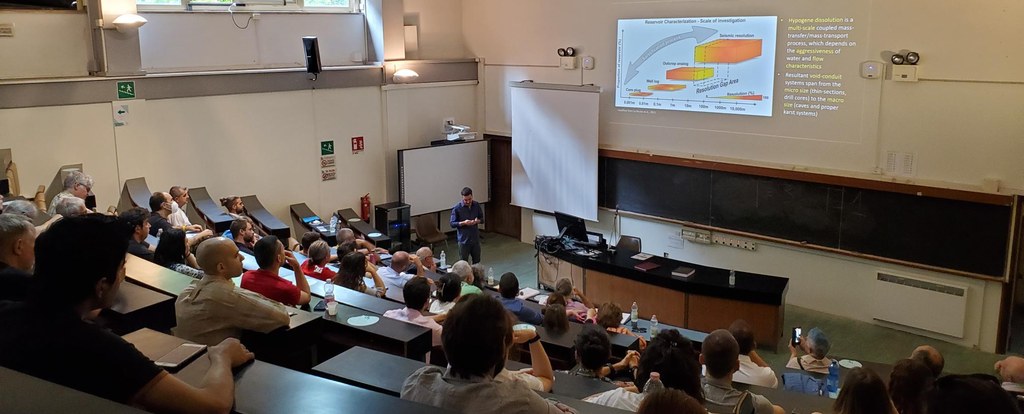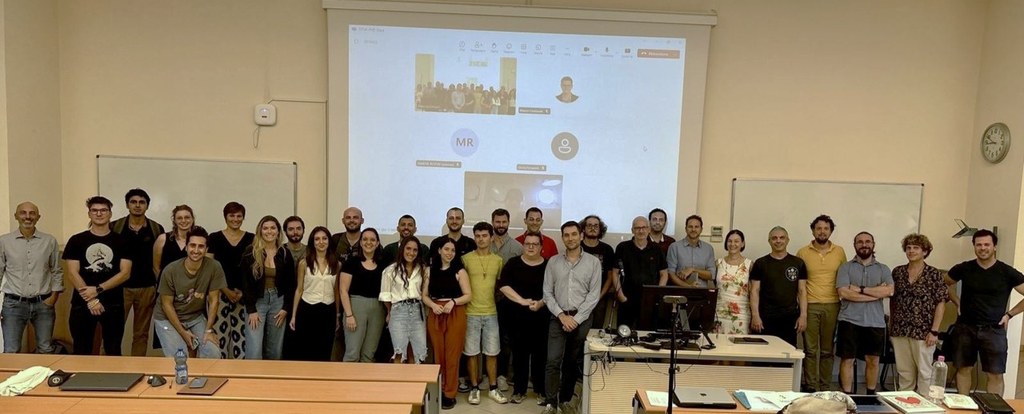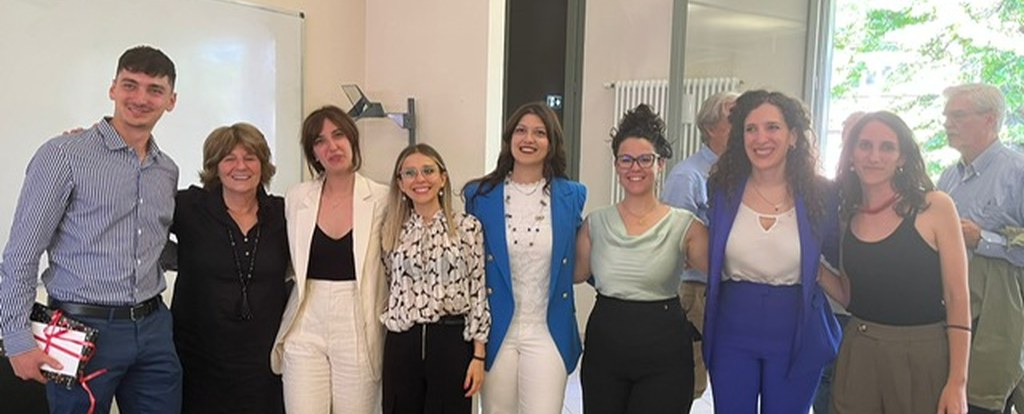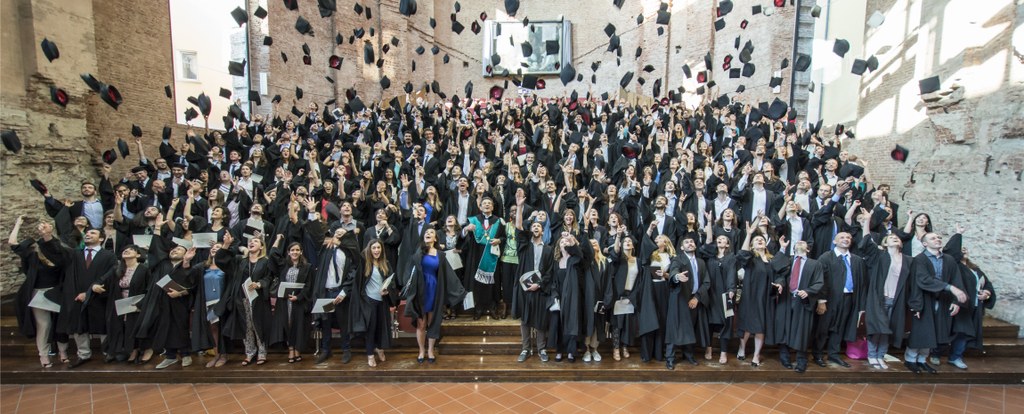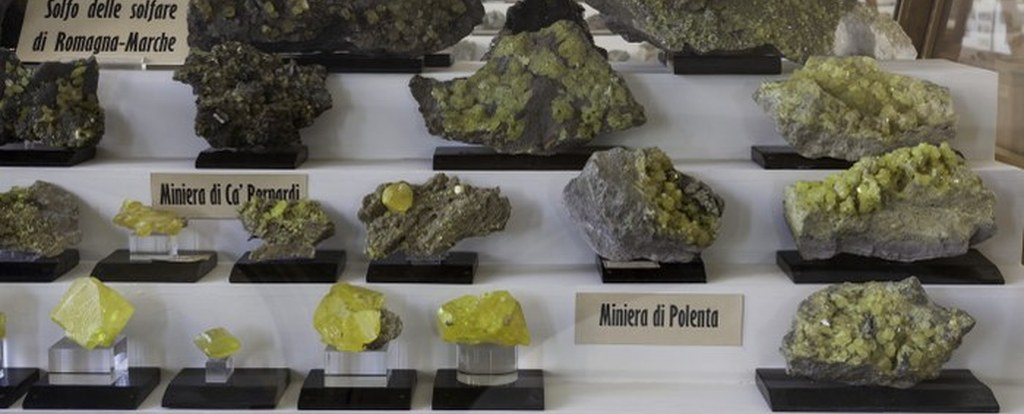Homepage
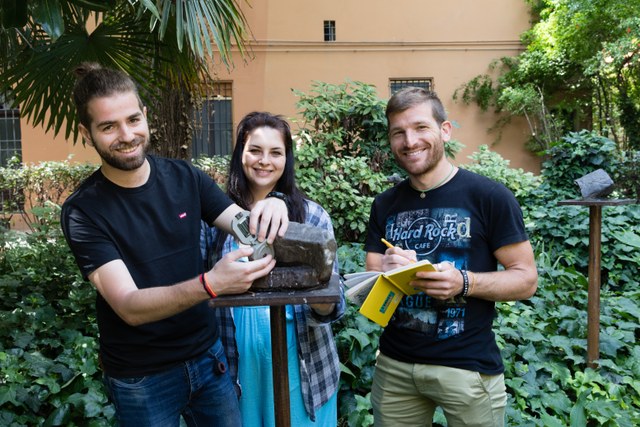
PhD Program in Earth, Life and Environmental Sciences
The PhD Program in Earth, Life and Environmental Sciences (STVA) embrace a broad spectrum of fundamental and applied disciplines essential for investigating the evolution of life, the superficial and deep processes of the Earth and the planets, current and past ecosystems, geological risks, and biodiversity loss and issues related to the management of the environment and its resources.
Go to page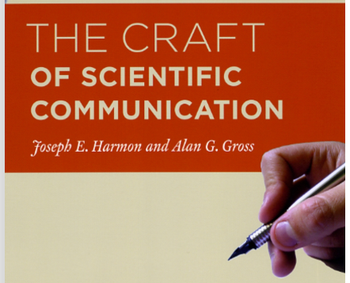
The craft of Scientific Research
The craft of scientific research focuses on a set of transferable skills deemed essential for the practice of scientific research. At the link below, you’ll find the flyer describing the doctoral course (AY 2025–26). The course will be held in person, with the exception of the two afternoon tutorials, which will run online. To avoid clashes with regular teaching and ensure room availability, classes will take place from January 7 to February 11, 2026. The course is open to all UNIBO PhD students and is particularly recommended for first-year candidates.
Go to pageNews
Deep-sea Mineral deposits: from biogeochemistry to geopolitics
Winter School January 2026, 19th-23rd. Venue: Dept. of Mathematics, Informatics and Geosciences Room A, Building “O”, Via Weiss 6, Trieste (Italy). Register at: https://mige-web.units.it/winterschool
Phd Students transferable skills Plan for the 2025/2026 academic year
The Phd Students transferable skills Plan is available also for the 2025/2026 academic year.
The 2026 Eni Awards - Official announcements
Six ENI prizes. Deadline 11/14/2025 and 01/01/2026. See more detailed info at: https://www.eni.com/en-IT/strategic-vision/innovation/eni-award.html
Spotlights
Award Andrea Marconato - Marco Marchesini
Award for a doctoral thesis on evolutionary biology/ecology aimed at species conservation. For more information: https://www.istitutoveneto.it/premi-e-concorsi/
Your Research in 3 Minutes
Applications are open for the Coimbra Group Three-Minute-Thesis Competition. If you're a final-year PhD student, you can present your research in English in just 3 minutes. Deadline: 17 December.
Contributions for health costs for non-resident students
If you are a non-resident student you can apply for the competition to request contributions. Application deadline: 31 December.

Webminar Springer Nature
Dive into a world of knowledge with our series of live and recorded webinars, designed to keep you at the forefront of research and development.
Go to page
University Policy for an ethical and responsible use of generative Artificial Intelligence
The University embraces AI as an opportunity to innovate in teaching and research, respecting ethics, quality, integrity, and the environment, while promoting its responsible use in the service of people.
Go to page